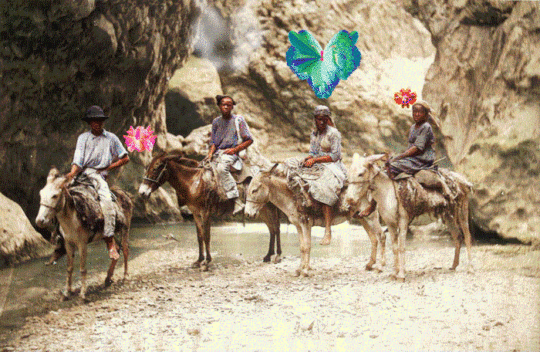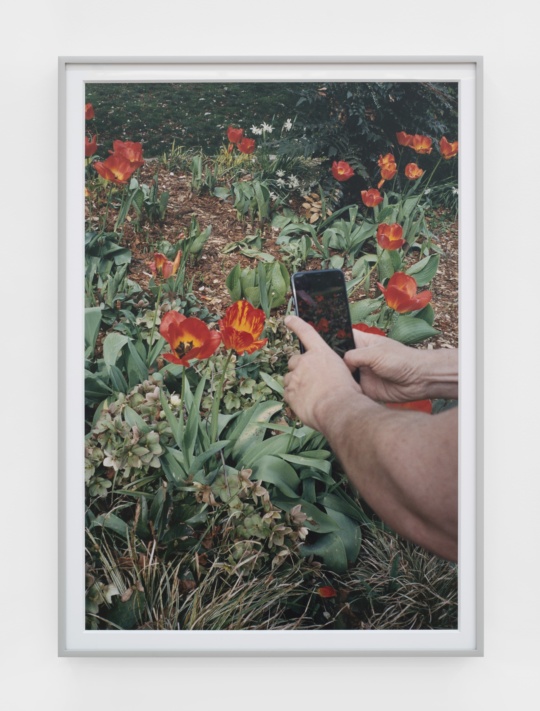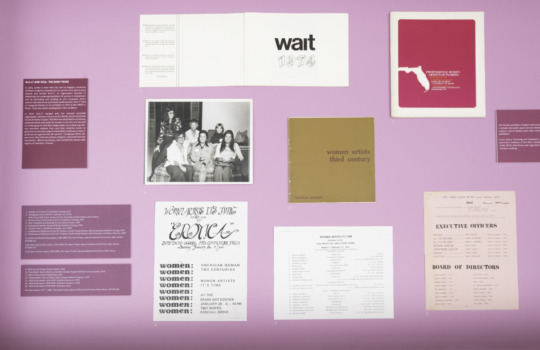[cont.]
Lori was the first to talk. “I made more money in my first year of grad school than I will make this year. It’s scary. I’ve got these huge student loans to pay off and no other money making skills. It’s so weird that last year I could spend a month hanging out in Berlin and this year I have to find a roommate to help cover my house payment.”
“It’s scary for sure. The worst part is realizing my parents were right. This isn’t a sound career choice.” Tommy looked profoundly depressed, whether about the economy or his parents’ wisdom, Barbara wasn’t sure.
Hondo teased him, “Tommy, you can always join a circus. You’ve almost got the tightrope act down.”
Everybody laughed.
Lori drained the dregs from the second bottle into the palm of her hand and licked it all up. “At least we are still in our hotty phase. I see those a decade older than us with no sales and no sex appeal and dwindling teaching positions. That majorly sucks.”
They all laughed. Hondo passed around a joint, definitely the weed equivalent of Barbara’s fine wine. They smoked and drank and talked about nothing in particular for another hour until the bread and cheese ran out.
Six
Lori’s paintings in grad school were big and slurpy. She mined her experiences in paint as directly as her friend Hondo did with his photos. Her friends, her bedroom, memories of her parents’ house, her sex life were as integral to her work as the wide brushstrokes, muddy colors and drips of paint. The paintings she did of her friends engaged in sexual hi jinx were so raw that one critic wrote that he could feel them gyrating across the street. She cut out that review and pinned it over her bed for inspiration.
After graduating, she took a small studio with really high ceilings in an old industrial building sandwiched in the half circle formed where a bridge curved to span a bunch of railroad tracks. It was full of artists so no one minded the smells of turpentine or lacquer thinner or the pounding of hammers or loud music. If you could even hear music over the constant truck and train noise. It didn’t help that the building was poorly maintained. Even with the windows closed tight, dust poured in from cracks in the brickwork. Everything got covered in dust so quickly that she decided to incorporate dust in her work, referring to it as natural flocking. “You have to move with what’s happening around you, not against it,” she constantly reminded Hondo. But she wasn’t completely successful in that herself. She couldn’t work smaller even though the space was smaller and the hallway too narrow to haul large paintings down without damaging them. Her gallery director had scolded her when she tried to work smaller: “You are known for monumental paintings, dearie. Don’t go prissy on me now.”
So she reluctantly returned to the larger scale. Every time she had to remove a big painting, she had to move nearly everything out into the hallway simply to get the canvas out the door. And the paintings had to be completely dry or they’d get smeared and leave streaks of paint on the stairwell walls.
So she traded a small painting to a friend with a studio down the hall for helping her hoist them up high to dry and navigate them out when they were ready. Then her new show bombed. The sales were “negligible.” Smaller pieces might have sold better but try telling that to her gallery director. She took comfort in the knowledge that sales everywhere had vanished, except maybe for the top blue chippers. The paintings were pretty good so she was confident they would sell once the economy rebounded. But she was now stuck with so many of these really large paintings to store. Even taking them off the stretchers and rolling them, they took up a lot of space. Her gallery director did not want to keep more than two of them either since he had turned most of his storage area into an office which he rented out for extra cash. So she had to break down and rent a storage unit. More money going out.
About two weeks after her show closed, she went into the gallery to check in. Sometimes sales happened after the show closed, hush hush with discounted prices. That was actually commonplace since the economy crashed. Even before that, she made a habit of routinely checking in every month or so to make sure that if anything did sell, she got paid. Her first gallery sold work and never paid her for it, so she was wary. Besides, she’d missed the opening and was curious about the work he had up now. The image sent out looked like a big departure from what he usually showed. The new exhibit consisted of very sweet images, paintings of dogs the way Matisse would have painted them if Matisse had painted dogs.
Her director didn’t come over to greet her. She didn’t worry – he was talking to a woman in expensive clothes, maybe a collector she didn’t know. She waved but he didn’t acknowledge her and she noticed he was wearing a new Armani suit. No clothing could make him anything other than a skinny man who’d had one too many facelifts. Alex said he looked like he was in the middle of the process of mummification. With all that stretched skin, he didn’t look fully human.
Tut, as they had all started calling him, avoided eye contact and she left. It wasn’t unusual behavior from him. She didn’t think he liked artists so much as having artists fawning over him. He liked power. He liked being an expert. He liked telling people what to do. Mostly he liked other people to think he was important and cool.
He was so bogus. He would claim credit for inspiring his artists, for providing their ideas. Like when she carefully explained how she mixed raw dirt with linseed oil and “flocked” it. It took her weeks of toying around with it before finally figuring out how to get it the right consistency. And then she overheard him telling a critic how the process originated with him and she had just “borrowed” it. What would they do without his valuable input? What crap. Didn’t he know that the very first paintings made by humans were done with dirt pigments? It’s not like it was this big invention.
She didn’t really like him or even trust him, but at least he didn’t try to paw her like her last gallery director. She no longer set foot in that gallery and had to apologize to all the artists she’d introduced to him. He’d hit on several of them too. Tut might treat her like a retarded child, but as long as he sold her work and paid her in a reasonable time frame, she could put up with his delusions of grandeur. Most of his artists felt the same way.




